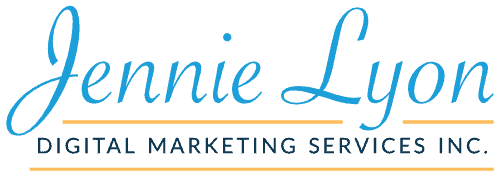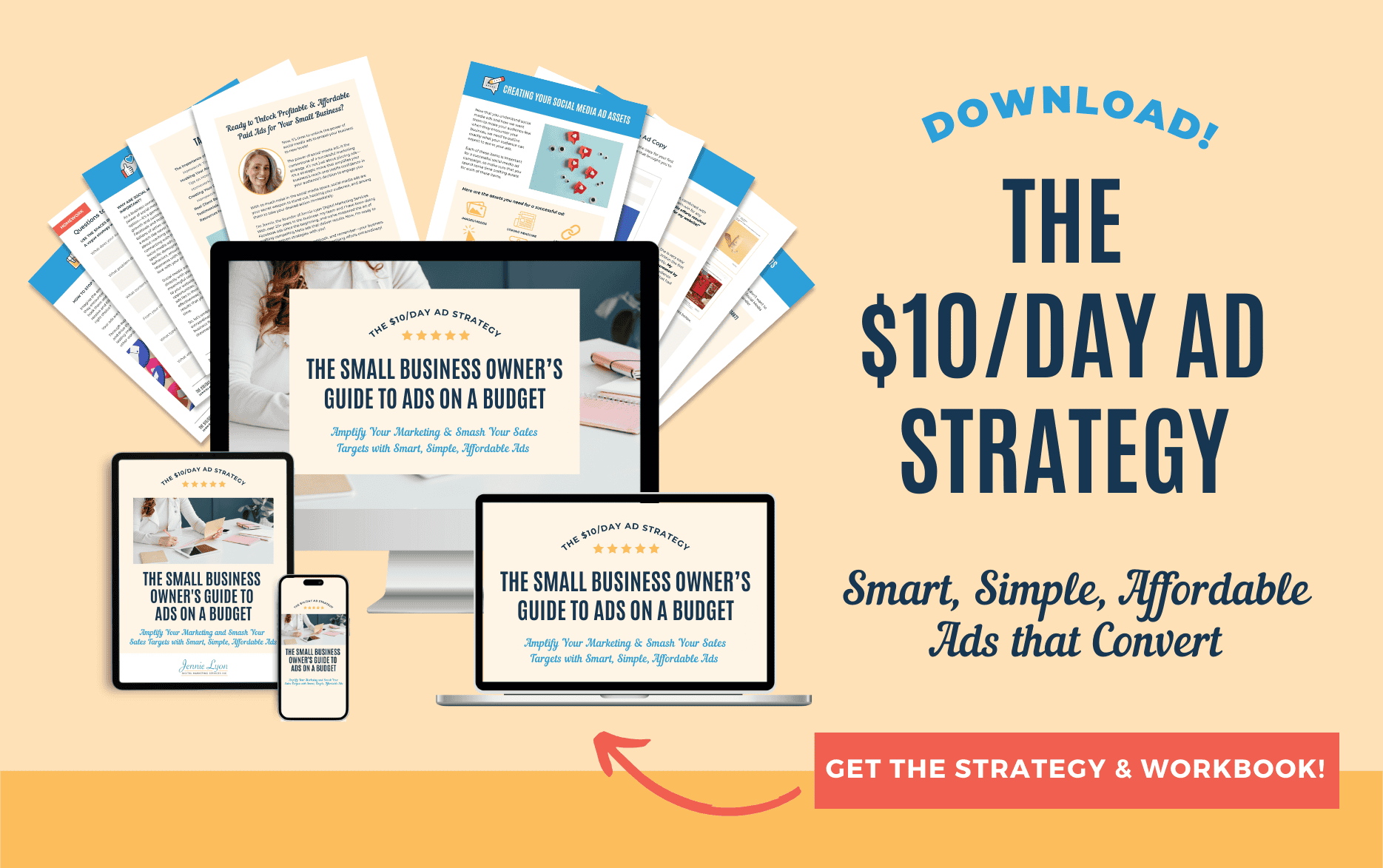The Ultimate Podcast Marketing Playbook: Strategies for Success
Podcasting has become a powerful medium for storytelling, education, and entertainment. It’s a platform that allows creators to connect with audiences personally. But how do you ensure your podcast reaches the ears of those who would most appreciate it? How do you grow your audience and promote your podcast effectively?
These are questions that many podcast creators grapple with. This comprehensive guide aims to provide you with actionable podcast marketing tips. These tips will help you enhance your podcast promotion efforts and boost your audience growth.
So, if you’re ready to take your podcast to the next level, let’s dive in.
Content Overview
Understanding Podcast Marketing
Defining Your Podcast’s Unique Value Proposition
Identifying Your Target Audience
Crafting Quality Content
SEO Optimization for Podcasts
Leveraging Social Media for Podcast Promotion
Collaborations and Networking
Email Marketing for Podcast Promotion
Encouraging Reviews and Ratings
Paid Advertising and Sponsorships
Analytics and Feedback: Measuring Success
Repurposing Podcast Content
This Week’s Homework
Understanding Podcast Marketing
Podcast marketing is a multifaceted process. It involves a range of strategies and tactics designed to promote your podcast and grow your audience.
At its core, podcast marketing is about connecting with your listeners. It’s about understanding their needs and interests and delivering content that resonates with them.
But it’s also about standing out in a crowded podcast landscape. With millions of podcasts available, how do you make yours unique? How do you make it the one that listeners choose to tune into? This is where your podcast’s unique value proposition comes in. It’s also where understanding your target audience becomes crucial.
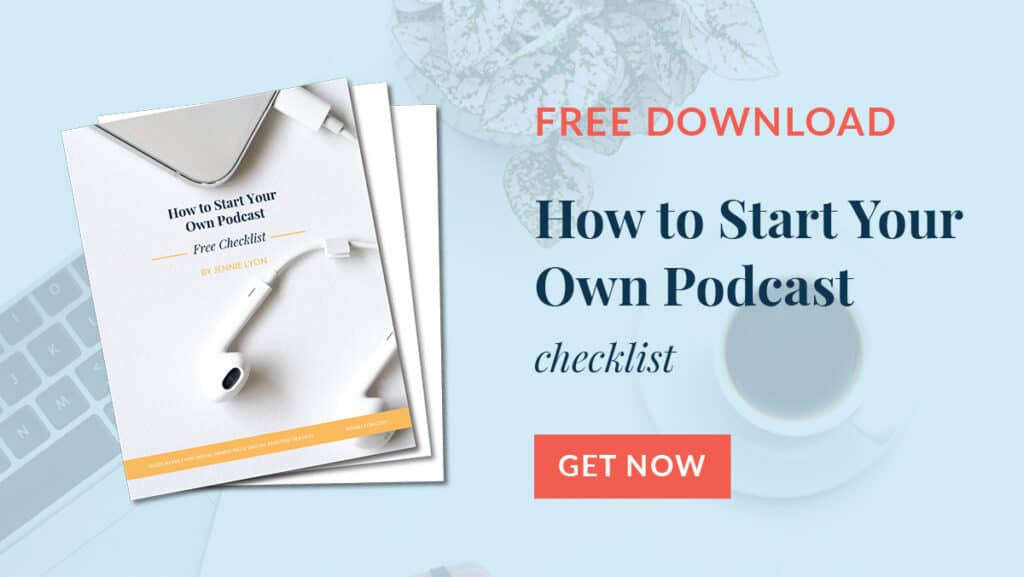
RESOURCE: How to Start Your Podcast Workbook
Defining Your Podcast’s Unique Value Proposition
Your podcast’s unique value proposition (UVP) sets it apart. It’s the unique value that your podcast offers to its listeners.
Your UVP could be the unique insights you provide, the unique guests you bring on, or the unique way you tell stories or discuss topics.
Defining your UVP is a crucial first step in your podcast marketing journey. It helps you understand what makes your podcast special and communicate this uniqueness to your potential listeners.
Remember, your UVP is not just about being different. It’s about being different in a way that matters to your listeners. It’s about offering something that they value and can’t get elsewhere.
Identifying Your Target Audience
Identifying your target audience is another critical step in your podcast marketing journey. Your target audience is the group of people who are most likely to be interested in your podcast.
Understanding your target audience helps you create content that resonates with them, understand their needs, interests, and preferences, and tailor your marketing efforts to reach them effectively.
Your target audience could be defined by a range of factors. These could include age, gender, location, interests, or profession. The more you know about your target audience, the more effectively you can reach and engage them.
Remember, trying to appeal to everyone often results in appealing to no one. So, focus on understanding and serving your target audience. This is the key to growing your podcast audience and succeeding in your podcast marketing efforts.

RESOURCE: ICA Template
Crafting Quality Content
Quality content is the cornerstone of any successful podcast. It keeps your listeners returning for more and makes them recommend your podcast to others.
But what does quality content look like in the context of a podcast? It’s content that is engaging, informative, and valuable to your listeners. It resonates with them and meets their needs.
Quality content is also well-produced. This means clear audio, good sound mixing, and professional editing. It means paying attention to the small details that can make a big difference to the listener’s experience.
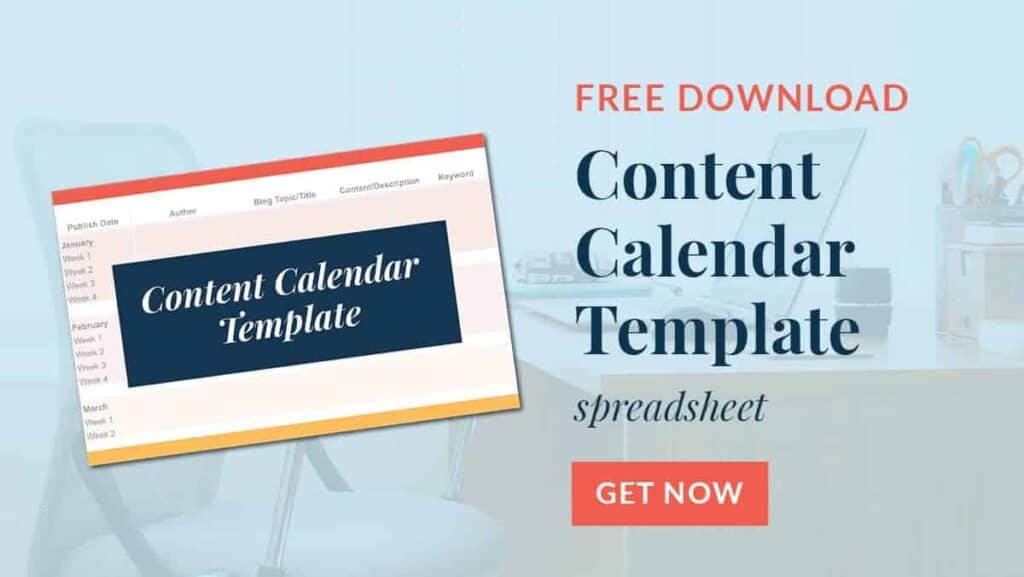
RESOURCE: Content Calendar
Consistency is Key
Consistency is a key aspect of crafting quality content. This means being consistent in the quality of your content and delivering the same high standard of content in every episode.
However, consistency also means being consistent with your publishing schedule. It means releasing new episodes regularly, whether weekly, bi-weekly, or monthly. A consistent schedule helps build listener anticipation and habit.
Remember, consistency builds trust with your audience. It shows them that you are reliable and committed to delivering value. And it keeps them engaged and coming back for more.
Structuring Your Episodes for Engagement
The structure of your episodes can also impact their quality and engagement. A well-structured episode is easier to follow and more engaging to listen to. Start with a clear introduction that sets the stage for the episode. This could include a brief overview of the topic, a summary of what will be covered, or a teaser to pique the listener’s interest.
Then, move into the main body of the episode. This is where you delve into the topic in detail. Break this section into smaller segments or chapters to make it more digestible.
Finally, wrap up with a clear conclusion. This could include a summary of the key points, a call to action, or a teaser for the next episode.
Remember, a well-structured episode enhances listener engagement and improves the overall listener experience, making your podcast more enjoyable and memorable.
SEO Optimization for Podcasts
Search Engine Optimization (SEO) is not just for websites. It’s also crucial for podcasts. SEO can help your podcast get discovered by more people.
When people search for podcasts, they use keywords. These are words or phrases related to the topics they’re interested in. By optimizing your podcast for these keywords, you can increase its visibility in search results.
But SEO for podcasts is not just about keywords. It’s also about providing valuable, high-quality content. This is what search engines and podcast directories look for when ranking podcasts.
Optimizing Titles, Descriptions, and Metadata
The title of your podcast is one of the most important factors for SEO. It’s one of the first things people see when they find your podcast. It’s also one of the main things search engines look at when ranking podcasts.
Your podcast title should be clear, concise, and descriptive. It should give potential listeners a good idea of your podcast and include relevant keywords.
The description of your podcast is also important for SEO. It should provide more detail about your podcast and its content and include relevant keywords.
The metadata of your podcast is another key factor for SEO. This includes the podcast category, language, and explicit content rating. Make sure to fill out all the metadata fields accurately and completely.

RESOUCE: SEO Checklist
The Importance of Show Notes and Transcripts
Show notes and transcripts can also boost your podcast’s SEO. They provide additional text content that search engines can index. This can help your podcast show up in more search results.
Show notes are a summary of each episode. They can include key points, resource links, contact information, and relevant keywords.
Transcripts are a word-for-word record of each episode. Creating them can be time-consuming, but they can greatly enhance your podcast’s SEO. They can also make your podcast more accessible to people who are deaf or hard of hearing.
Remember, SEO is not a one-time task. It’s an ongoing process. Keep optimizing your podcast for SEO to reach more listeners and grow your audience.
Leveraging Social Media for Podcast Promotion
Social media is a powerful tool for podcast promotion. It can help you reach a larger audience and engage with your listeners. It can also help you build a community around your podcast.
Different social media platforms have different strengths. Some are better for sharing audio clips, while others are for sharing images or text. Understanding these differences can help you choose the right platforms for your podcast.

RESOURCE: Making the Most of Social Media Workbook
Choosing the Right Platforms
When choosing social media platforms for your podcast, consider your target audience. Where do they spend their time online? What kind of content do they engage with? These are important questions to ask.
For example, LinkedIn might be a good platform for your business podcast. Instagram might be better if your podcast is about fashion or lifestyle.
Also, consider the type of content you want to share. Platforms like Twitter and Facebook are good options for sharing audio clips from your podcast, while Instagram and Pinterest might be better for sharing images or infographics.
Remember, you don’t have to be on every platform. It’s better to focus on a few platforms and do them well than to spread yourself too thin.
Engaging with Your Audience on Social Media
Engaging with your audience on social media is as important as sharing content. It can help you build relationships with your listeners and give you valuable feedback about your podcast.
There are many ways to engage with your audience on social media. You can respond to comments, ask questions, and start discussions. You can also share user-generated content, like fan art or reviews.
Another way to engage with your audience is through social media contests or giveaways. These can be a fun way to reward your listeners and attract new ones.
Remember, social media is a two-way street. It’s not just about broadcasting your content. It’s also about listening to and interacting with your audience. This can make your podcast more successful in the long run.
Collaboration and Networking
Collaboration and networking are key strategies in podcast marketing. They can help you reach new audiences and build relationships in the podcasting community. They can also provide fresh content for your podcast.
There are many ways to collaborate and network in podcasting. You can partner with other podcasters, appear as a guest on other podcasts, or interview guests on your podcast. You can also attend podcasting events or join podcasting communities online.
Partnering with Other Podcasters
Partnering with other podcasters can be a win-win situation. You can cross-promote each other’s podcasts, share audiences, and provide fresh content for your listeners. It can also help you build relationships in the podcasting community.
When choosing podcasters to partner with, look for those who share your target audience. Their podcast doesn’t have to be the same topic as yours, but it should be relevant to your listeners. For example, if your podcast is about entrepreneurship, you could partner with a podcast about marketing or personal development.
Also, consider the quality of their podcast. You want to partner with podcasters who produce high-quality content. This can enhance your reputation and provide value to your listeners.
Remember, collaboration is about mutual benefit. Ensure you’re providing value to your partner and receiving value from them.
Guest Appearances and Interviews
Appearing as a guest on other podcasts is another effective way to reach new audiences. It can expose you to a larger audience, attract new listeners to your podcast, and provide networking opportunities with other podcasters.
When choosing podcasts to appear on, consider their audience. Is it similar to your target audience? Will their listeners be interested in your podcast? These are important questions to ask.
Interviewing guests on your podcast can also provide value to your listeners. It can bring fresh perspectives and expertise to your podcast and attract the guest’s audience.
When choosing guests to interview, consider their expertise and relevance to your podcast. Also, consider their audience. Will their audience be interested in your podcast? Will they bring new listeners to your podcast? These are essential considerations.
Email Marketing for Podcast Promotion
Email marketing is a powerful tool for podcasters. It lets you communicate directly with your listeners and engage them with your podcast. It can also drive traffic to your website and increase your podcast downloads.
Building and maintaining an email list should be a priority for every podcaster. It allows you to keep in touch with your listeners, share updates about your podcast, and promote your episodes. It can also provide a direct line of communication with your audience.
Effective email campaign strategies can help you maximize the benefits of email marketing. They can help you increase your open, click-through, and conversion rates. They can also help you build relationships with your listeners and keep them engaged with your podcast.
Building and Maintaining an Email List
Building an email list starts with offering value to your listeners. This could be exclusive content, early access to episodes, or a free resource related to your podcast. You can promote this offer on your podcast, website, and social media channels.
Maintaining an email list requires regular communication with your subscribers. You should send out emails on a consistent schedule, whether it’s weekly, bi-weekly, or monthly. Each email should provide value to your subscribers and keep them engaged with your podcast.
Remember, the goal of your email list is not just to promote your podcast. It also builds relationships with your listeners and keeps them engaged with your content.
Effective Email Campaign Strategies
Effective email campaign strategies start with understanding your audience. What are their interests? What kind of content do they find valuable? Use this information to create emails that resonate with your subscribers.
Your emails should also have a clear call to action. This could be to listen to your latest episode, share your podcast with a friend, or leave a review. Make sure your call to action is clear and compelling.
Finally, track the performance of your emails. Use metrics like open rates, click-through rates, and conversion rates to measure the effectiveness of your campaigns. Use this data to refine your strategies and improve your results.
Encouraging Reviews and Ratings
Reviews and ratings play a crucial role in podcast marketing. They not only provide valuable feedback but also boost your podcast’s visibility. High ratings and positive reviews can significantly improve your podcast’s ranking on various platforms.
Moreover, reviews and ratings can influence potential listeners. They often check reviews and ratings before deciding to listen to a podcast, and positive reviews can convince them to try your podcast.
Encouraging your listeners to leave reviews and ratings should be a part of your podcast marketing strategy. It can help you improve your podcast, increase your visibility, and attract new listeners.
The Impact of Reviews on Discoverability
Reviews and ratings can significantly impact your podcast’s discoverability. Most podcast platforms use reviews and ratings in their ranking algorithms. The more positive your reviews and ratings, the higher your podcast will rank.
High rankings can increase your visibility on the platform. They can make your podcast appear in the ‘Top Podcasts’ or ‘Recommended Podcasts’ sections, exposing it to a larger audience and attracting new listeners.
Moreover, reviews and ratings can also impact your SEO. They can improve your podcast’s ranking on search engines and increase your organic reach.
How to Ask for Reviews
Asking for reviews can be a delicate process. You want to encourage your listeners to leave reviews without sounding too pushy. Here are a few tips on how to ask for reviews effectively.
Firstly, make it easy for your listeners to leave a review. Provide clear instructions on how to do so on various platforms. You can include these instructions in your show notes or on your website.
Secondly, remind your listeners to leave a review at the end of each episode. You can also encourage them to do so by offering incentives, like a shout-out in the next episode or a chance to win a prize.
Lastly, be genuine when asking for reviews. Let your listeners know how much you value their feedback and how it can help improve your podcast.
Paid Advertising and Sponsorships
Paid advertising and sponsorships can be effective ways to promote your podcast. They can help you reach a larger audience and increase your podcast’s visibility. However, they require a financial investment and should be used strategically.
Paid advertising can include social media, search engines, and podcast ads. Each type of ad has its advantages and can target different audiences. Choosing the right ad type for your podcast and audience is important.
On the other hand, sponsorships involve partnering with a company or brand. The sponsor provides financial support in exchange for advertising on your podcast. This can be a great way to monetize your podcast and promote it simultaneously.
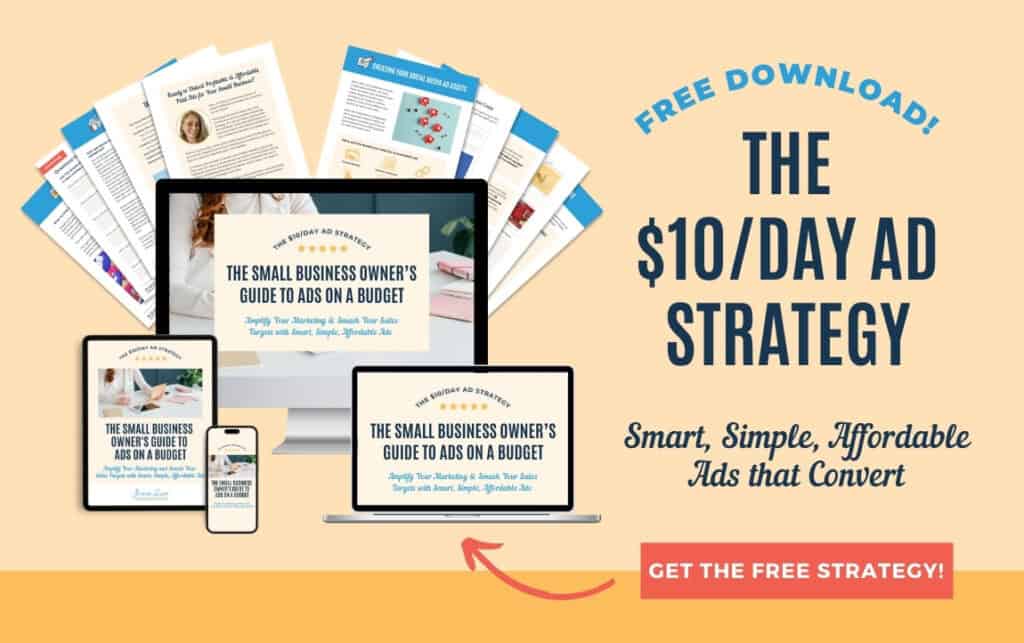
RESOURCE: $10/Day AD Strategy
Exploring Paid Ad Options
Several paid ad options are available for podcasters. Social media ads can target specific demographics and interests, making them a great way to reach a younger, tech-savvy audience.
Search engine ads can target specific keywords and phrases. They can help your podcast appear in relevant search results and attract listeners actively searching for podcasts like yours.
Podcast ads can be placed in other podcasts. They can reach an audience already interested in podcasts and likely to subscribe to new ones. However, they can be more expensive than other ad options.
Securing Sponsorships
Securing sponsorships can be a great way to support your podcast. However, it requires a large and engaged audience, and sponsors want to see that their investment will reach a significant number of people.
To attract sponsors, you need to demonstrate the value of your podcast. This can include your audience size, engagement rate, and audience demographics. It’s also important to show how your podcast aligns with the sponsor’s brand and values.
Once you secure a sponsorship, it’s important to fulfill your obligations. This can include mentioning the sponsor in your episodes, promoting the sponsor on social media, and providing the sponsor with analytics reports.
Analytics and Feedback: Measuring Success
Understanding your podcast’s performance is crucial. It helps you make informed decisions about your content and marketing strategies. Two key sources of insights are podcast analytics and listener feedback.
Podcast analytics provide quantitative data about your podcast. They can show you how many people are listening, where they’re listening from, and how they’re engaging with your content. Listener feedback, on the other hand, provides qualitative insights. It can help you understand what your audience likes and dislikes about your podcast.
Understanding Podcast Analytics
Podcast analytics can provide a wealth of information. They can show you how many downloads your episodes are getting, which are most popular, and when people are listening. This can help you understand what content resonates with your audience.
Analytics can also show you where your listeners are located. This can help you tailor your content to your audience’s interests and needs. For example, if a large portion of your audience is from a specific region, you might consider creating relevant content.
Finally, analytics can show you how people are engaging with your content. Are they listening to the entire episode or only part of it? Are they skipping certain sections? This can help you improve your content and keep your audience engaged.
Utilizing Listener Feedback
Listener feedback is another valuable source of insights. It can help you understand what your audience likes and dislikes about your podcast. This can guide your content creation and marketing efforts.
You can gather feedback in several ways. You can ask for reviews on podcast platforms, conduct listener surveys, or engage with your audience on social media. Each method has its advantages and can provide different insights.
It’s important to take feedback seriously and to respond to it. If a listener has taken the time to provide feedback, they care about your podcast. By responding to their feedback, you can show that you value their input and are committed to improving your podcast.
Repurposing Podcast Content
Creating a podcast involves a lot of work. Each episode requires significant time and effort, from planning and recording to editing and promoting. But what if you could get more value from each episode? That’s where content repurposing comes in.
Content repurposing involves converting podcast episodes into other forms of content. This can help you reach a wider audience, improve your SEO, and get more value from your content creation efforts.
Turning Audio into Articles, Videos, and More
One common way to repurpose podcast content is to turn it into articles or blog posts. For example, you can take the transcript of an episode and turn it into a written piece. This can help you reach people who prefer reading over listening.
You can also turn your podcast episodes into videos. You can record a video while recording your podcast or create a video summarizing the key points from an episode. This can help you reach people who prefer watching videos over listening to podcasts.
Another option is to create infographics or visual summaries of your episodes. These can be shared on social media or on your website, helping you reach a wider audience.
Benefits of Content Repurposing
Content repurposing has several benefits. First, it can help you reach a wider audience. Not everyone listens to podcasts but might read articles or watch videos. By repurposing your content, you can reach these people.
Second, content repurposing can improve your SEO. By creating written content from your podcast episodes, you can target relevant keywords and improve your website’s search engine rankings.
Finally, content repurposing can help you get more value from your content creation efforts. Instead of creating new content from scratch, you can reuse and repurpose your existing content. This can save you time and effort while providing valuable content for your audience.
This Week’s Homework
As we wrap up this comprehensive guide, it’s important to remember that podcast marketing is a journey. It’s not about quick wins or overnight success. It’s about building a loyal audience over time and providing them with valuable content.
Staying Patient and Persistent
Podcast marketing requires patience and persistence. Audience growth often takes time. It’s about consistently delivering quality content and engaging with your audience. Don’t be discouraged if you don’t see immediate results.
Remember, every successful podcaster started with zero listeners. What set them apart was their persistence. They kept creating, promoting, and engaging with their audience, and over time, they saw growth.
Continuous Improvement and Adaptation
Podcast marketing also requires continuous improvement and adaptation. The podcasting landscape is constantly evolving as new platforms emerge, listener behaviors change, and marketing strategies evolve.
Stay informed about the latest trends and best practices. Regularly review your podcast analytics and listener feedback. Use these insights to refine your marketing strategies and improve your podcast.
Remember, the goal is not to create a perfect podcast but to create one that continually improves. You can grow your audience and achieve your podcasting goals with patience, persistence, and a commitment to continuous improvement.
And, of course, if you need help creating or promoting your podcast, let’s chat! I’d love to help. Happy recording!
Links for This Episode on podcast marketing.
- Discover Your Digital Marketing Success Path
https://jennielyon.com/quiz - How to Start a Podcast Workbook
- Content Calendar Template
$10/Day AD Strategy - ICA Template
- Making the Most of Social Media Workbook
- SEO Checklist
- Schedule a free call with Jennie today!
https://jennielyon.com/chatwithjennie - How to Use our Digital Marketing Team
Get in touch with Jennie:
🔹Free Consultation https://jennielyon.com/chatwithjennie
🔹Jennielyon.com
🔹Social Media @jennielyonmarketing
Rate, review, and subscribe to Apple Podcasts.
If you like what you hear on the podcast, please consider rating and reviewing my show! Woo Hoo! Click here, scroll to the bottom, tap to rate with five stars, and select “Write a Review.” I would love to hear what episodes you enjoy the most!
If you still need to do so, please subscribe to the podcast. I’ll be adding new content weekly. If you’re not subscribed, you’ll likely miss out. Subscribe now!
